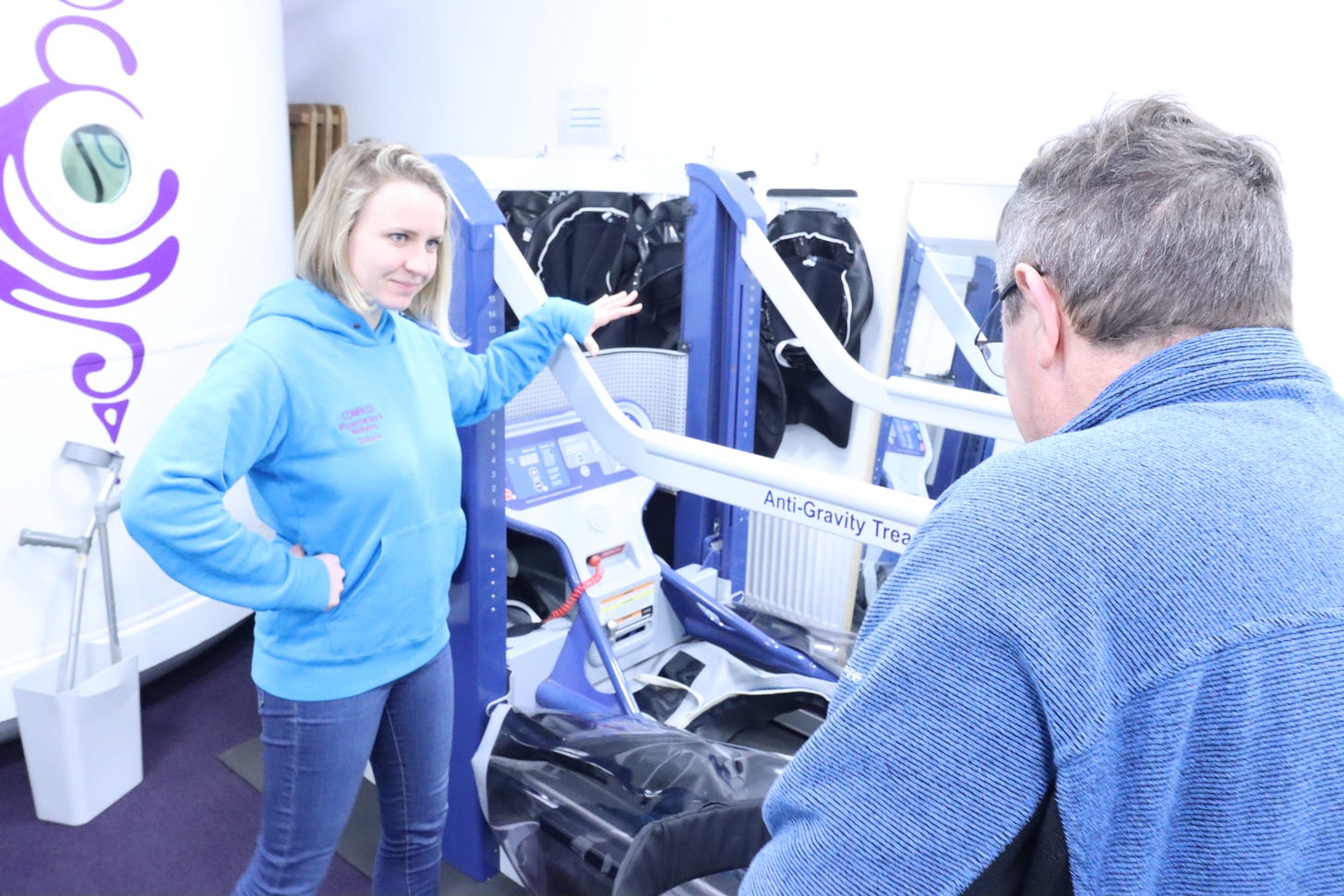'One patient was wheeled in on a hospital bed… now she lives independently'
The innovative health charity changing lives for forty years
In Scotland alone, a million people have some kind of neurological condition. These are conditions which affect the brain, spinal cord and/or nerves; among the 600 known neurological conditions are multiple sclerosis (MS), motor neuron disease (MND), stroke, dementia, chronic fatigue and long covid.
These life-limiting and often life-long conditions require complex and long term treatment, which often isn’t adequately provided by our overwhelmed NHS. According to the Neurological Alliance, 55% of adults and 60% of children and young people living with a neurological condition in the UK experienced delays to routine appointments in the last year.
Support from “people who just get it”
One charity in Leith has been working for four decades to provide support tailored to the needs of those living with neurological conditions. Beginning as the MS Therapy Centre in 1984, the charity has always welcomed people with other conditions. As NHS treatments for MS improved while other conditions struggled for recognition, the MS Therapy Centre rebranded to make this invitation more explicit a few years ago. Now known as Compass Therapy Centre, it is still run by the same community that it serves.
Carole Macartney is a board member and was diagnosed with secondary progressive MS 31 years ago. She described how she found the organisation: “Like a lot of people living with MS and neurological conditions the NHS give you the diagnosis but then you’re left high and dry, and there’s not always a great support network around… what I was looking for was some kind of way of being able to take control of a condition which is very difficult to predict in terms of how it's going to manifest itself… the facilities [at Compass] have been really vital in helping me to do that.”





